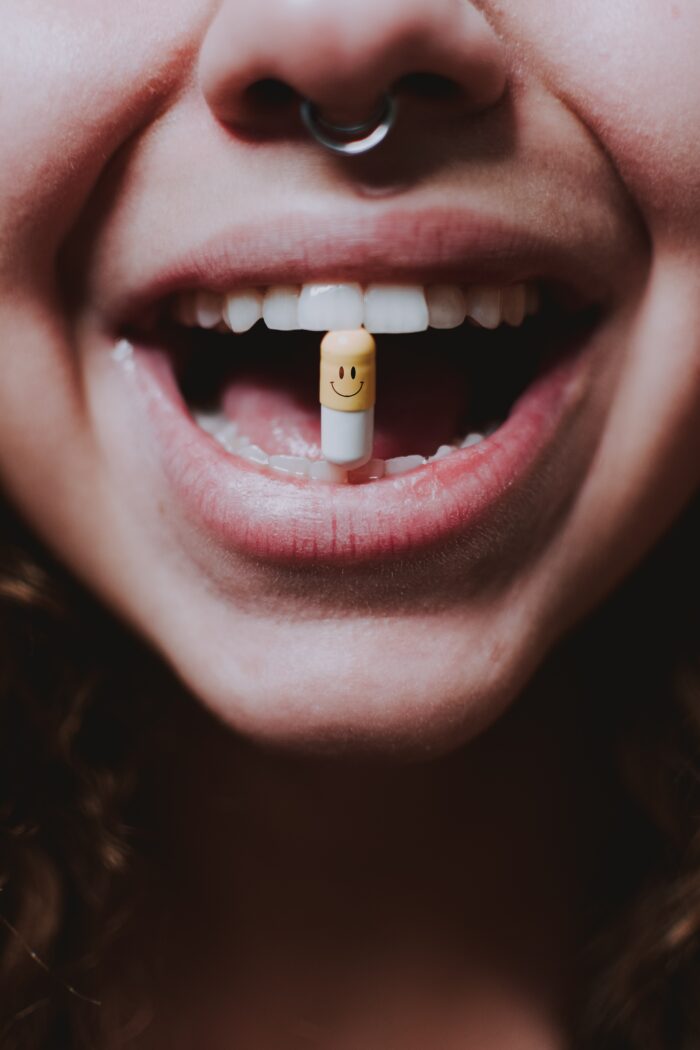How to prevent travel-related illness during Covid-19

By Taruni Bhatia
Health problems that are associated with travel can result from many factors such as certain types of transportation, exposure to infectious agents, or participation in outdoor activities where travelers are exposed to many things. Travel-related illnesses can be prevented via vaccinations, pre-travel planning, and taking safety precautions while travelling.
Pre-travel planning
Every traveler should pack an adequate amount of medicines in their backpack instead of the luggage in case of emergency. All those with ongoing medication should take precautions and avoid taking part in any strenuous activity that might affect their health. Proper research about the place you are visiting should be done.
Certain countries require a specific vaccination and proof of said vaccine is needed to enter the country. If you are travelling with a child, make sure of their needs. Children have specific needs and compulsions that should be addressed when preparing for travel abroad. A traveler should always pack a first aid kit in their backpacks to meet foreseeable needs for the trip.
During Travel
It can be a real bummer to be stuck in a room while travelling. Therefore, it is necessary to take precautions while you visit different places. In order to explore many things at the same time, travellers tend to exhaust themselves.
Doctors have said that a sufficient amount of sleep is very important to continue the upcoming days. So, get proper sleep to stay active and healthy. The most important thing is to stay hydrated especially if you are flying. Having a sufficient amount of water helps prevent dehydration, which can make you feel tired and dizzy.
Increasing fluid intake can help your body ward off germs by maintaining a moist environment in your throat and nasal passages.
Diarrhea is the most common infection among travellers and the cause for it is eating or drinking something a bit funky. Certain things can be kept in mind to avoid having an upset stomach. Since raw and undercooked food has a higher risk of germs, it is advised to have food that is fully cooked and served hot. Certain street vendors have dairy products that have been left out and not properly refrigerated so make sure about the products used before consuming them.
The best way to avoid any germs or bacteria is to wash your hands regularly. There are many doors, handles, and surfaces that we touch and it is important to have clean hands after that. Washing hands is not always possible and therefore it is advised to carry a pocket sanitizer with you always. Be sure to carry mosquito and bug repellent and avoid petting or handling animals even if they look safe.
Medical Attention after travel
Even if a traveller feels quite healthy after a trip, one must always consult a physician. A person should see a doctor if they return with mild fever; especially from a county where malaria may be present – They suffer from chronic illnesses or diseases such as cardiovascular diseases, respiratory problems, or diabetes.
– They experience any rashes or skin infection – They have persistent diarrhea, vomiting, and fatigue Travellers should provide medical personnel with all the information on recent travel.
What is equally important as physical health is psychological health. Travelling can sometimes be a stressful experience and lead to severe exhaustion. People with stress problems or people with disabilities may face discomfort while travelling. After returning from the trip, such people should have a session with their doctors.
Unexpected incidents can happen at any time. Planning ahead of the trip, gathering information about the country’s sanitation can help a great deal. Gathering information beforehand helps reduce the risks of suffering from psychological disturbances. Fun and safety go hand in hand and are equally important.
